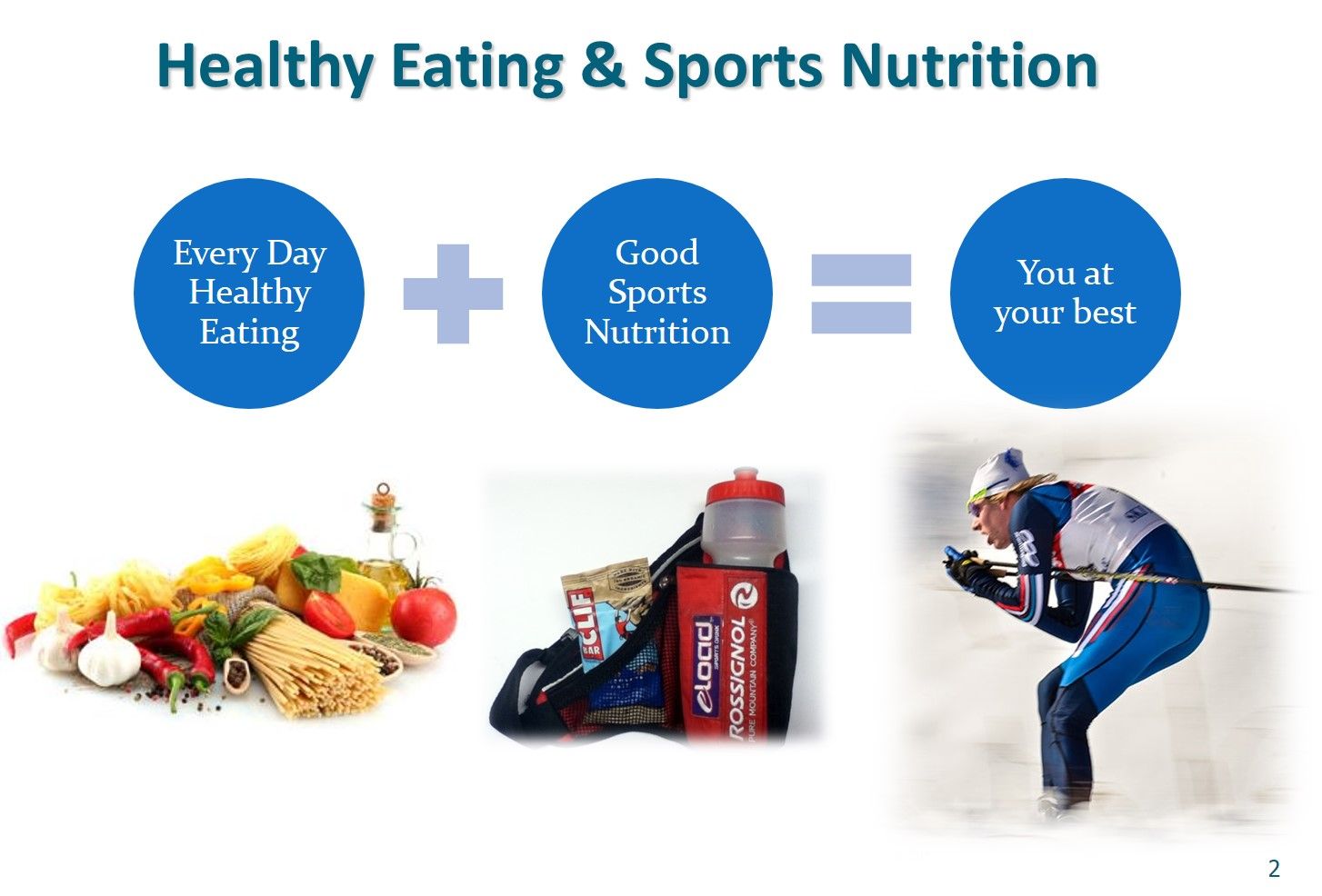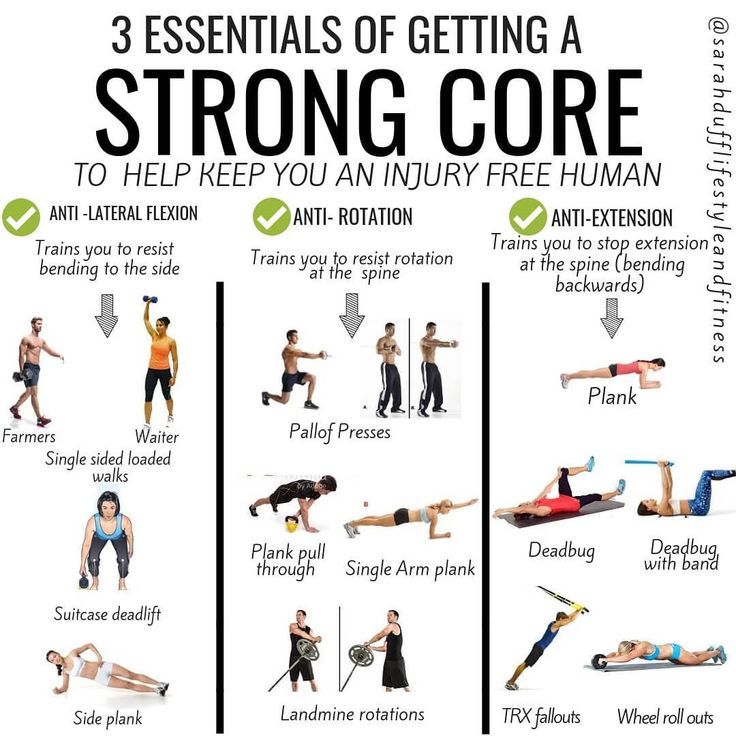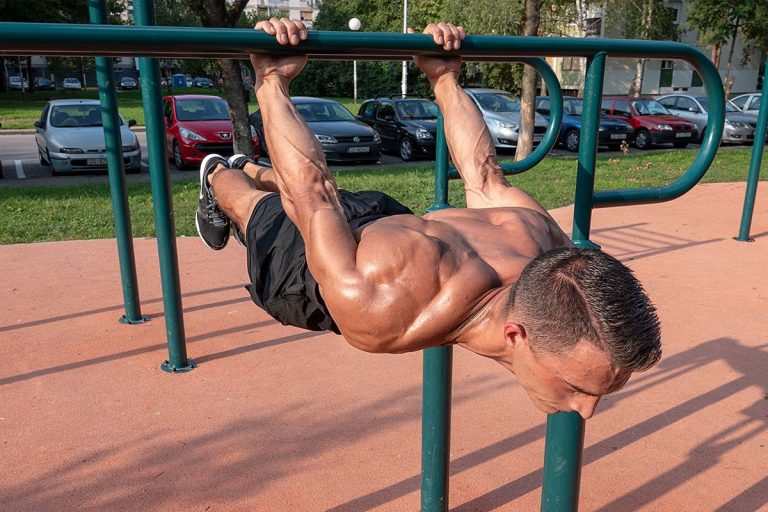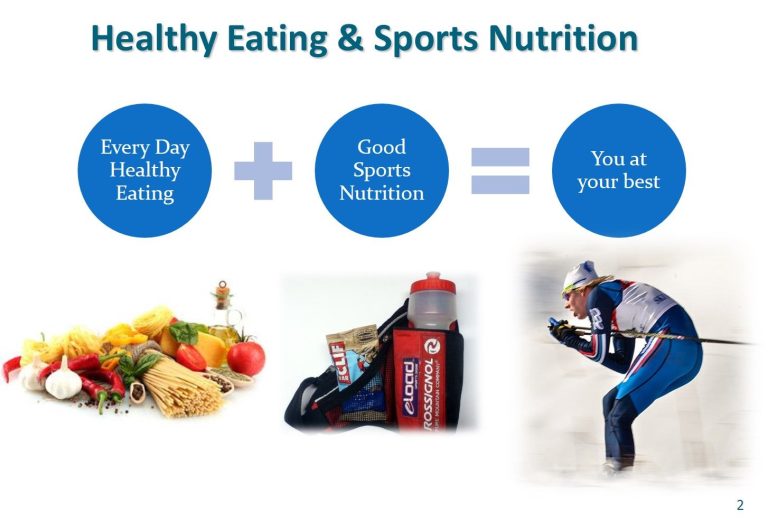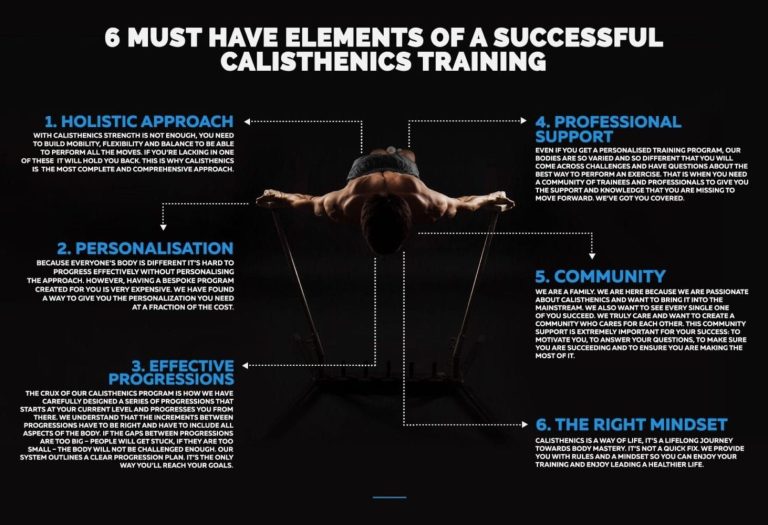Fueling your body properly is essential for calisthenics practitioners who want to maximize their performance and aid in recovery. A well-balanced and nutrient-dense diet can provide the necessary energy, endurance, and muscle growth needed to excel in this form of exercise. In this article, we will explore the key principles of calisthenics nutrition and provide valuable insights on how to eat for optimal performance and recovery.
1. Macronutrients: The Foundation of Calisthenics Nutrition
Macronutrients, including proteins, carbohydrates, and fats, play a critical role in providing energy and building blocks for muscle repair and growth. A balanced calisthenics diet should consist of:
Proteins: Lean meats, poultry, fish, eggs, tofu, and dairy products are excellent sources of protein. Protein intake is vital for muscle recovery and growth as it repairs damaged tissues caused by intense calisthenics workouts.
Carbohydrates: Whole grains, fruits, vegetables, and legumes are rich in carbohydrates that provide the energy needed for intense training sessions. They replenish glycogen stores in muscles, enhancing performance and preventing fatigue.
Fats: Include healthy fats such as avocados, nuts, seeds, and olive oil in your diet. These fats contribute to hormone balance, promote brain health, and help absorb fat-soluble vitamins essential for overall well-being.
2. Pre-Workout Nutrition: Fueling Up for Optimal Performance
The right pre-workout meal can enhance your training performance and prevent early fatigue. Consider the following tips for optimal pre-workout nutrition:
Consume a meal containing both carbs and proteins around 2-3 hours before your workout. This allows enough time for digestion and ensures sustained energy levels during training.
Choose complex carbohydrates like whole grains, brown rice, or sweet potatoes over refined sugars to provide a steady release of energy.
Include a moderate amount of lean proteins to support muscle repair and aid in recovery post-workout.
Avoid heavy meals that can cause discomfort and sluggishness during exercise.
3. Post-Workout Nutrition: Recovery and Growth
Post-workout nutrition is crucial to replenish glycogen stores, repair muscle tissues, and stimulate muscle growth. Here are some essential post-workout nutrition tips:
Consume a combination of carbohydrates and proteins within the first 45 minutes after your workout. This post-workout window is when your body is most receptive to nutrient absorption.
Ingest fast-digesting carbohydrates like fruits or fruit juices to rapidly replenish glycogen stores.
Include high-quality protein sources such as whey protein, chicken, or Greek yogurt, which aid in muscle repair and growth. Aim for 20-30 grams of protein in your post-workout meal.
Consider adding a branched-chain amino acid (BCAA) supplement to accelerate muscle recovery and reduce muscle soreness.
4. Hydration: The Forgotten Component
Staying well-hydrated is often overlooked but is essential for optimal performance and recovery. Dehydration can negatively impact your energy levels, muscle function, and overall well-being. Remember to:
Drink water consistently throughout the day, both during and outside of your workouts.
Monitor urine color; light yellow indicates proper hydration, while dark urine signifies dehydration.
Consider including electrolyte-rich beverages like coconut water or homemade sports drinks to replenish essential minerals lost through sweat during intense workouts.
Avoid excessive consumption of sugary drinks or energy drinks, as they provide empty calories and can lead to a crash in energy levels.
5. Individualized Approach: Listen to Your Body
While general guidelines can lay the foundation for an ideal calisthenics nutrition plan, everyone’s nutritional needs may vary. Pay attention to your body’s signals and adjust accordingly:
Experiment with different macronutrient ratios to find what works best for you.
Consider working with a nutritionist or dietitian who can personalize your diet based on your goals and body composition.
Listen to your hunger and fullness cues to ensure you’re consuming enough fuel for your workouts.
Monitor performance, energy levels, and recovery to assess the effectiveness of your nutrition plan.
Remember, nutrition plays a vital role in achieving peak performance and recovery in calisthenics. By fueling your body with the right nutrients at the right times, you can optimize your workouts, enhance muscle growth, and ensure a sustainable progress towards your fitness goals.
